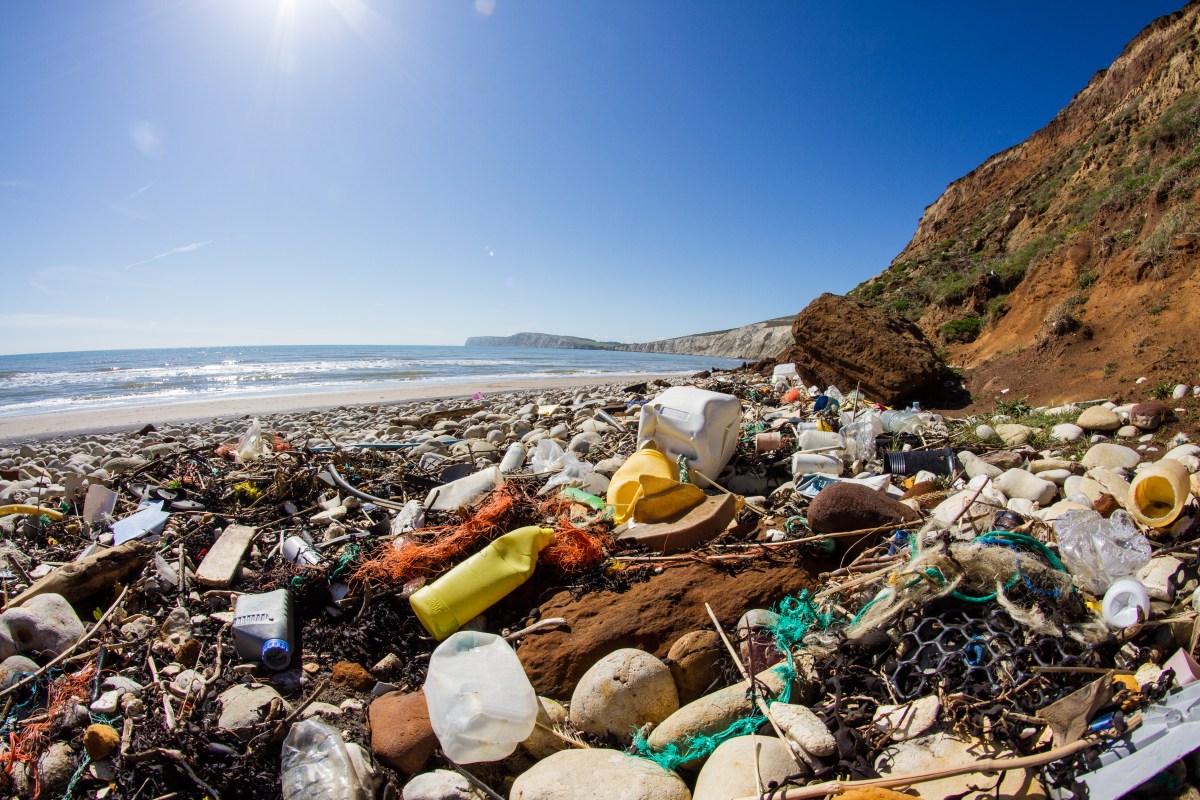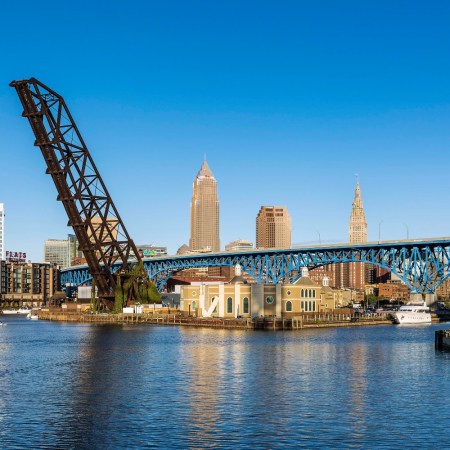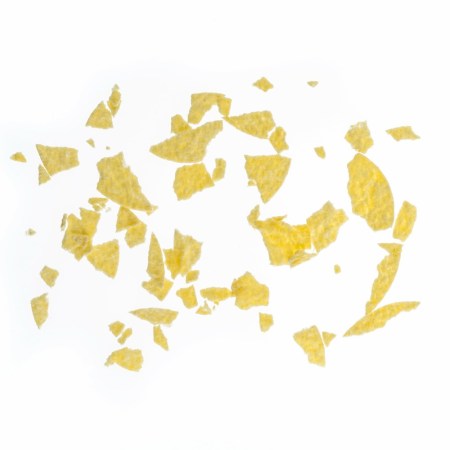In absolute terms, China is the world’s largest plastic polluter, but a look at per capita plastic pollution across nations throughout the world paints a very different picture. According to Forbes, small coastal communities throughout the Caribbean region far outrank China and other large countries when it comes to per capita plastic pollution.
Of the top thirty global polluters per capita, ten are from the Caribbean region, with Trinidad & Tobago in the lead. The dual island nation reportedly produces 3.6 kilograms of plastic waste per capita per day, which is nearly six times more than distant second place culprit Kuwait. According to Forbes, at least five percent of Trinidad & Tobago’s waste is “almost guaranteed” to end up in the ocean, making the nation responsible for more marine plastic per capita than 98 percent of the world.
Other Caribbean nations among the top 30 per capita polluters are Antigua & Barbuda, St. Kitts & Nevis, Guyana, Barbados, St. Lucia, Bahamas, Grenada, Anguilla and Aruba. For reference, St. Lucia, which produces only the 6th largest amount of plastic waste per capita in the region, is responsible for more than four times the amount of plastic waste per person as China.
Much of the Caribbean’s pollution problem can be attributed to poor waste management. According to World Bank, an estimated 322,745 tonnes of plastic goes uncollected in the Caribbean each year, leaving 22 percent of households to discard waste improperly.
Meanwhile, the ocean-dependent economies of Caribbean communities will be disproportionately affected by the consequences of plastic pollution. Some Caribbean countries have begun to address the issue by banning single-use plastic bags and Styrofoam. However, as Forbes notes, significant change awaits improved waste management and waste infrastructure in the Caribbean.
Ultimately, this insight reveals that “it is too simplistic to make global comparisons based on absolute numbers,” Forbes‘ Daphne Ewing-Chow concludes. “An analysis of per capita plastic waste in the Caribbean, with a focus on causes, impacts and solutions, is a far more enlightening exercise than Asian finger-pointing will ever be.”
Subscribe here for our free daily newsletter.
Thanks for reading InsideHook. Sign up for our daily newsletter and be in the know.


















